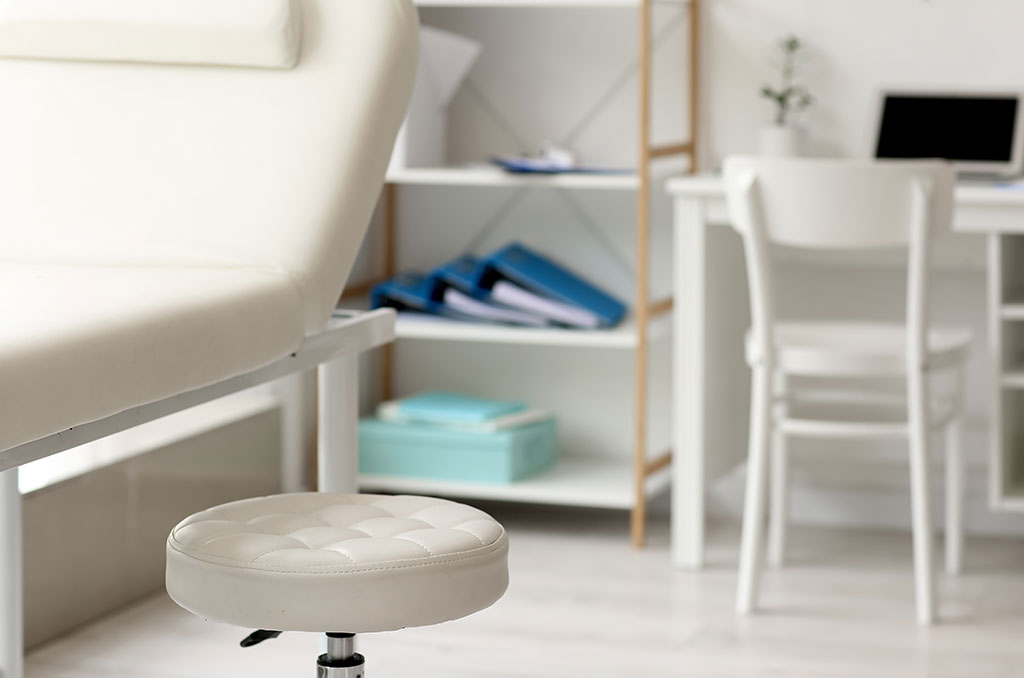Tenant improvements play a pivotal role in healthcare real estate leasing, enabling medical tenants to customize their office space to meet their unique needs. From state-of-the-art equipment installations to specialized infrastructure requirements, negotiating tenant improvements is a crucial aspect of creating a functional and patient-centric medical practice. In this article, we will delve into key considerations when negotiating tenant improvements in a medical office building lease and highlight real-life scenarios that demonstrate the value of partnering with a specialized healthcare real estate brokerage like HBRE.
Understand Your Practice’s Needs:
Before initiating negotiations, it is imperative to have a comprehensive understanding of your practice’s specific requirements. Collaborate with architects, contractors, and your medical team to identify the necessary improvements. For example, a dental practice may need specialized plumbing for dental chairs and imaging equipment, while a dermatology clinic may require specific lighting or soundproofing for patient privacy.
Real-life Scenario: Dr. Smith, a leading orthopedic surgeon, is expanding his practice and leasing a new medical office space. To accommodate his specialized equipment, such as X-ray machines and physical therapy apparatus, Dr. Smith negotiates for specific electrical and structural modifications in the tenant improvements package.
Negotiate Collaboratively:
Engage in open and transparent negotiations with the landlord to ensure a mutually beneficial outcome. Effective communication and a collaborative approach can result in the inclusion of essential improvements without compromising the financial interests of either party. Landlords may be more willing to accommodate tenant improvement requests when they understand the long-term benefits they bring.
Real-life Scenario: ABC Pediatrics, a growing pediatric practice, enters into lease negotiations with a healthcare real estate landlord. By clearly articulating their needs for child-friendly exam rooms, specialized cabinetry, and a waiting area designed for young patients, ABC Pediatrics successfully negotiates a tenant improvements package that caters to their unique requirements.
Assess Costs and Budget:
Understanding the costs associated with tenant improvements is essential to ensure financial feasibility. Collaborate with contractors, architects, and HBRE to obtain accurate cost estimates for each improvement. This knowledge enables you to make informed decisions and work within your budget.
Real-life Scenario: A group of independent physicians leasing a shared medical space aims to upgrade their facilities to offer advanced diagnostic services. They work closely with HBRE’s team of experts to obtain detailed cost estimates for installing an MRI suite, upgrading electrical systems, and renovating the waiting area, ensuring that their budget aligns with their vision for the space.
Leverage Lease Terms:
When negotiating tenant improvements, carefully consider the lease terms to achieve a fair agreement. Some landlords may be willing to cover a portion or all of the improvement costs, contingent upon longer lease terms or slightly higher rent. Evaluate the long-term impact of these terms and seek a balance that benefits both parties.
Real-life Scenario: Dr. Johnson, a solo practitioner, is considering leasing a medical office space in a prime location. By partnering with HBRE, Dr. Johnson strategically negotiates lease terms that include a substantial tenant improvements package funded by the landlord. In return, Dr. Johnson agrees to an extended lease, providing stability for both parties.
Embrace Collaboration and Flexibility:
Tenant improvement negotiations often involve compromise and flexibility. Balancing your practice’s unique needs with the landlord’s financial constraints is essential for fostering positive and productive leasing relationships. A collaborative mindset and a willingness to find creative solutions can lead to win-win outcomes.
Real-life Scenario: A cardiology group desires a specialized cardiac catheterization laboratory in their medical office building. Although the initial construction cost may be prohibitive, the group collaborates with the landlord, proposing a revenue-sharing model that benefits both parties. This approach enables the cardiology group to have the necessary infrastructure while minimizing upfront expenses.
Partner with HBRE for Expertise in Healthcare Real Estate:
Navigating the complexities of tenant improvements in healthcare real estate leases requires industry expertise. At HBRE, we specialize in healthcare real estate solutions, equipped with deep market knowledge and valuable resources. Our team of professionals understands the unique requirements of medical tenants, ensuring a seamless experience throughout the ownership journey.
Tenant improvements are a critical aspect of medical office building leasing, allowing healthcare tenants to create tailored spaces that enhance patient care and practice efficiency. By understanding your practice’s needs, negotiating collaboratively, assessing costs, leveraging lease terms, and embracing flexibility, you can successfully navigate tenant improvement negotiations. HBRE, your trusted healthcare real estate partner, stands ready to guide you in maximizing the value of your medical office building.
Contact us today at [email protected] and unlock the full potential of your medical office building. Let HBRE be your trusted partner in healthcare real estate success.




